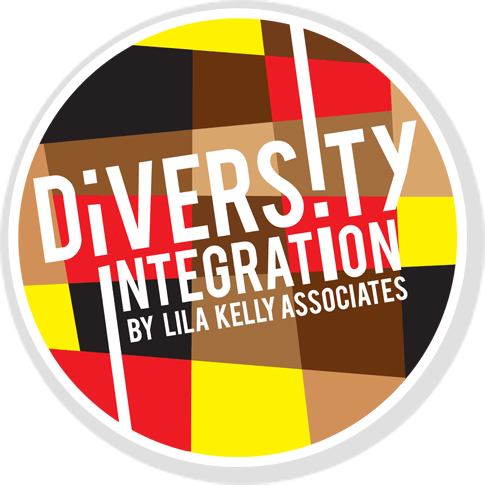
The moment we lay eyes on someone, we make assumptions, often on an unconscious level. This is part of being human. But how often are our assumptions biased?
In a job interview, we form a first impression of the applicant. If that impression involves bias or stereotypes at an unconscious level, it can cause damage to relationships now and into the future. For example, if an applicant shares their experience of encountering bias by one of your employees with others in their community, that negative impression can reflect poorly on your entire organization.
Assumptions based on appearance, accents, and physical attributes can unconsciously be linked to a person’s level of intelligence or ability to speak and understand English. Here are a couple of examples of what bias looks like from diverse applicants’ perspectives.
Anton, an Investment Executive who is African American, who has a college degree, spoke of a lowered expectation an interviewer had of him early in a job interview:
“After I’d talked to the person for maybe 45 seconds, he said, ‘You come across as very intelligent.’ I thought, how do you know how good my math skills are or whether or not I can spell when you just met me 45 seconds ago? There’s nothing that I’ve done that comes across as intelligent except that I have spoken a few sentences of English to you. Perhaps you thought that I wouldn’t be able to speak English, and you are so surprised that I can make a conversation with you for less than a minute. . . a pretty low standard they had set for me that I have so far surpassed so that now they’ve decided that I am intelligent.”
Lisa, an Office Assistant who is deaf and uses a wheelchair, said that even though she has a college degree, she is still treated as being less intelligent. She feels that interviewers often view her with misconceptions:
“That we are stupid. I have had other interviews that the person really talked down to me. That they really thought that I had no education, and because there’s a lot of myths out there that most deaf only read on a third-grade level, that we are not smart enough to have jobs. I think that’s the worst one I have had to suffer with.”
When asked about the reality for applicants who are deaf, Lisa replied:
“Basically, they are intelligent people with skills. They wouldn’t be applying for the jobs if they didn’t think they could handle them. I really don’t see that as a problem for the interviewers to see that person as a person. Just forget about the deafness. Yes, it’s a communication… an extra need for communication assistance, but it’s nothing more than that.”
Hearing from people who have been on the receiving side of bias can help us become aware of our unconscious bias. Awareness is the first step in being able to manage and eliminate our biases, and to ultimately create equity and inclusion in a diverse work environment.
Copyright © 2022 Lila Kelly Associates, LLC. Not to be reprinted without written permission from Lila Kelly. Integrating Diversity into Interviewing, Hiring, Recruiting and Retention – Since 1992. This article includes excerpts from Lila Kelly’s research-based online training courses and book on this topic at diversityintegration.com. To stay up to date on all the latest from Lila Kelly Associates LLC & DiversityIntegration.com subscribe to our newsletter.
